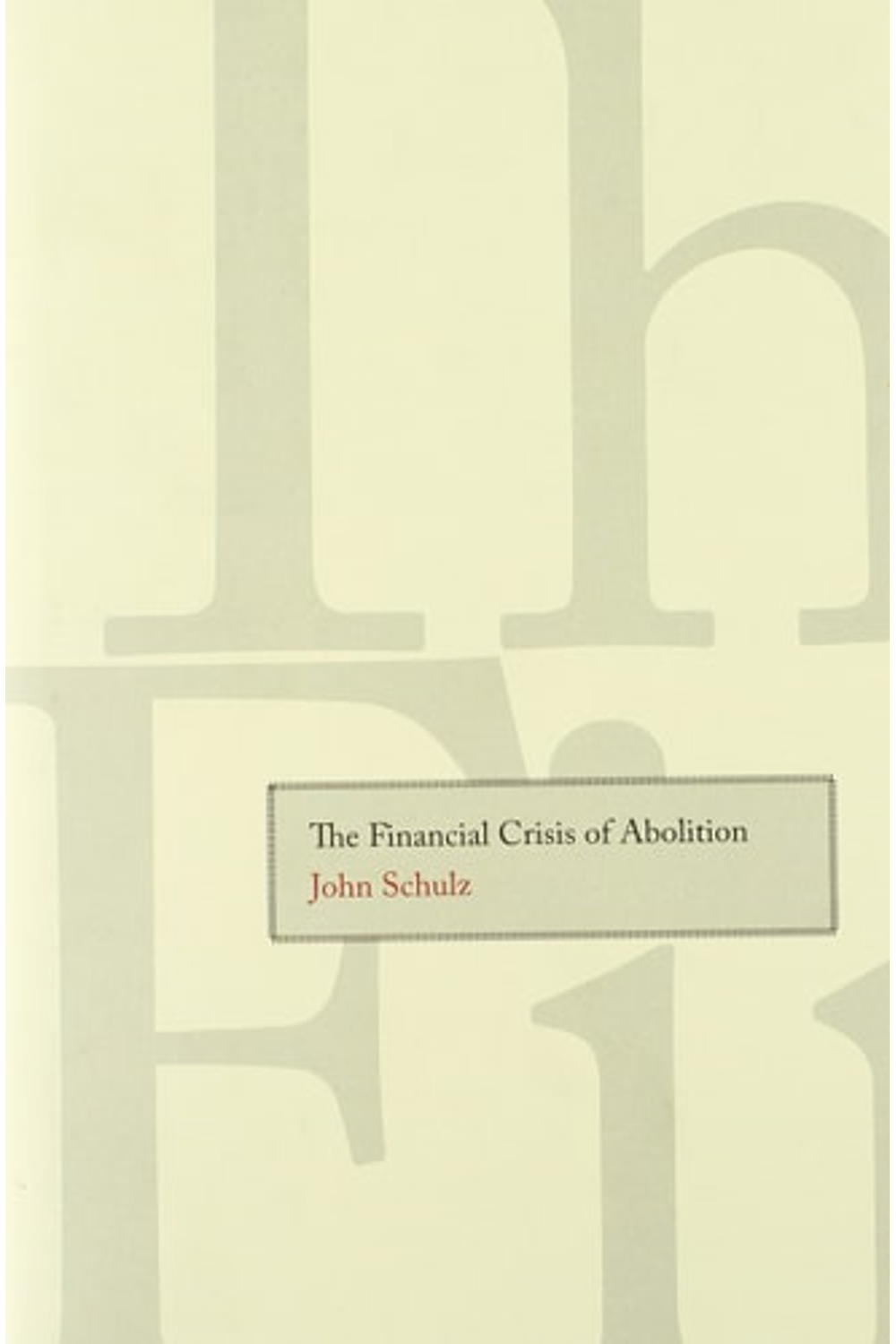Explore Brazil’s turbulent transition from slavery to republic in John Schulz’s “The Financial Crisis of Abolition.” This compelling historical analysis, published by Yale University Press, unveils the economic and political forces that plunged Brazil into chaos after the abolition of slavery in 1888. Schulz masterfully dissects the period between 1889 and 1894, revealing how misguided financial policies, fueled by pressure from coffee planters seeking easy credit, led to hyperinflation, political instability, and ultimately, a deep financial crisis. Unlike traditional interpretations focusing solely on external dependencies, Schulz highlights internal factors and policy choices that exacerbated the situation. This illustrated hardcover edition reveals a critical chapter in Brazil’s history, relevant to understanding economic policy in developing nations. Gain insight into the social and economic repercussions of abolition and the challenges of building a stable financial system in a newly formed republic. Discover how Brazil grappled with the transition and the implications of these choices. This 208-page book offers a fresh perspective on a complex period, making it a valuable addition to any collection on Brazilian history, finance, or Latin American studies.
The Financial Crisis of Abolition
19,78 $
In stock
From 1850 to 1914, Brazil enjoyed a long period of political and financial stability that was interrupted just once. During this rupture, 1889-1894, the country suffered two successful coups-detat, military government, civil war, and a disastrous decline in the value of the national currency. The five years of disorder and crisis came in the wake of the nations abolition of slavery and related financial repercussions.
This book examines Brazils crisis years, for the first time setting post-slavery financial decisions within their international and local historical contexts. Arguing against the European dependency interpretation of Brazils history, John Schulz explains how planters demands for easy credit after abolition were met with shortsighted economic policies. The failure of the expansionary monetary policy of the 1890s not only illuminates Brazils history, it also suggests lessons relevant to financial and political decisions being made today.
| Authors | |
|---|---|
| Binding | |
| Condition | |
| ISBN-10 | 0300134193 |
| ISBN-13 | 9780300134193 |
| Language | |
| Pages | 208 |
| Publisher | |
| Year published | |
| Weight | 454 |
| Edition | Illustrated |
Related products
- Additional information
- Currencies
- USD – United States dollar
- EUR – Euro
- GBP – Pound sterling
- CNY – Chinese yuan
- BRL – Brazilian real
- MXN – Mexican peso
- JPY – Japanese yen
- PHP – Philippine peso
- THB – Thai baht
- PLN – Polish złoty
- CAD – Canadian dollar
- MYR – Malaysian ringgit
- AUD – Australian dollar
- TWD – New Taiwan dollar
- CZK – Czech koruna
- SEK – Swedish krona
- HUF – Hungarian forint
- ILS – Israeli new shekel
- CHF – Swiss franc
- HKD – Hong Kong dollar
- DKK – Danish krone
- SGD – Singapore dollar
- NOK – Norwegian krone
- NZD – New Zealand dollar





